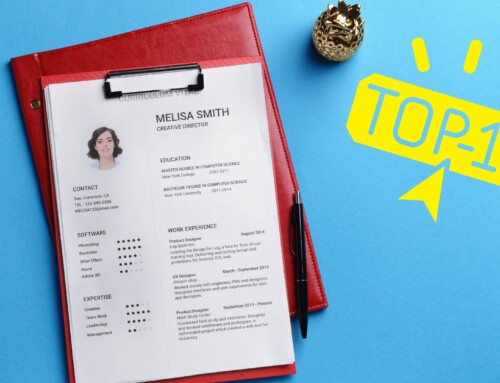As the population in Western Europe continues to age, care services for seniors in need of care are becoming increasingly important. Governments across the European Union are recognising this growing need and have introduced caregiving allowance schemes to provide seniors and their families with financial assistance. In this article, we compare the amount of funding that most Western European countries allocate to care-related expenditure, shedding light on the different levels of support provided to seniors and their caregivers.
Germany
Germany is known for its sophisticated social security system and its caregiving allowance scheme is no exception. The country offers a caregiving allowance known as‘Pflegegeld‘, which provides financial help. The amount of the allowance depends on the level of care needed and ranges from around €316 to €901 per month.
France
In France, the allowance is known as“Allocation personnalisée d’autonomie” (APA). It is conditioned by property conditions and varies depending on the degree of dependency of the senior citizen. The monthly amount can range from around €400 to €1,700, which is a significant offset to expenses.
United Kingdom
The UK has a benefit called theCarer’s Allowance, which provides financial support to caregivers who spend at least 35 hours a week caring for a person receiving special disability benefits. The amount of the allowance ranges from €69 to €104 per week.
The Netherlands
The Netherlands has a contribution programme known as the“Persoonsgebonden Budget” (PGB). This program provides eligible individuals with a monthly budget that allows them to employ caregivers of their choice, including family members. The amount of the allowance depends on an assessment of care needs and can range from around €4,900 per month.
Sweden
Sweden provides a caregivers allowance through the“Act on the cares theElderly and Disabled” (LAG SFS). The allowance is dependent on assest and is based on the level of care required. The monthly amount is over €350, with additional benefits available in special circumstances.
Ireland
In Ireland, caregiving ‘s Allowance is called the‘Carer’s Benefit‘ or‘Carer’s Allowance‘. This is a short-term payment for caregivers who provide full-time care and cannot work outside the home. The payment amount is 219 euros per week. caregiving Allowance, on the other hand, provides long-term financial support to caregivers and assets conditions. However, the amount of money a caregiver can receive can be up to €411 . In Ireland, an additional €42 is provided if caregiver has a child under 12. The amount increases to 50 euros if the carer has got more children.
Belgium
Belgium offers subsidies through various schemes such as the‘Zorgbudget voor zwaar zorgbehoevenden‘ and the‘Tegemoetkoming voor hulp aan bejaarden‘ (THAB). These allowances are means-tested and vary depending on the level of cares needed and the region in which the patient lives. Monthly amounts are on average less than €600 , which represents substantial assistance.
Denmark
Denmark provides caregiving allowances through its ‘Social Services Act’ (Serviceloven). The allowance is also dependent on the means and needs of the cares recipient and the income of the carer. The monthly amount may exceed more than EUR 2 000.
Austria
Austria has a contributory systemcalled “Pflegegeld“. The allowance is dependent on financial circumstances and the level of care needed. Monthly amounts can range from approximately €175 to €1,879, with higher amounts if more intensive caresis needed.
As you can see, in the absence of universal EU legislation on the caregiving allowance, the amounts allocated vary considerably, even in countries with economies at a similar level of development. Some countries tend to provide higher monthly allowances, while the UK, Ireland, Belgium, Denmark and Austria offer varying levels of support based on verification and taking into account assets, caresneeds and income. The Netherlands and Sweden focus on individual budgets or means-tested allowances, ensuring that financial support is tailored to individual needs.
But the most important thing is that you have the right person for the job. Caring is not an easy task and not everyone is suited for it. Just as you see a doctor when you get sick or have your car serviced when it breaks down, you should turn to a professional when it comes to the health and well-being of your elderly relatives. Company Atena, which has fifteen years of experience and thousands of satisfied clients, is here for you. And what we do isn’t just finding a suitable carer – we’re available throughout the process to resolve any issue that may arise.







